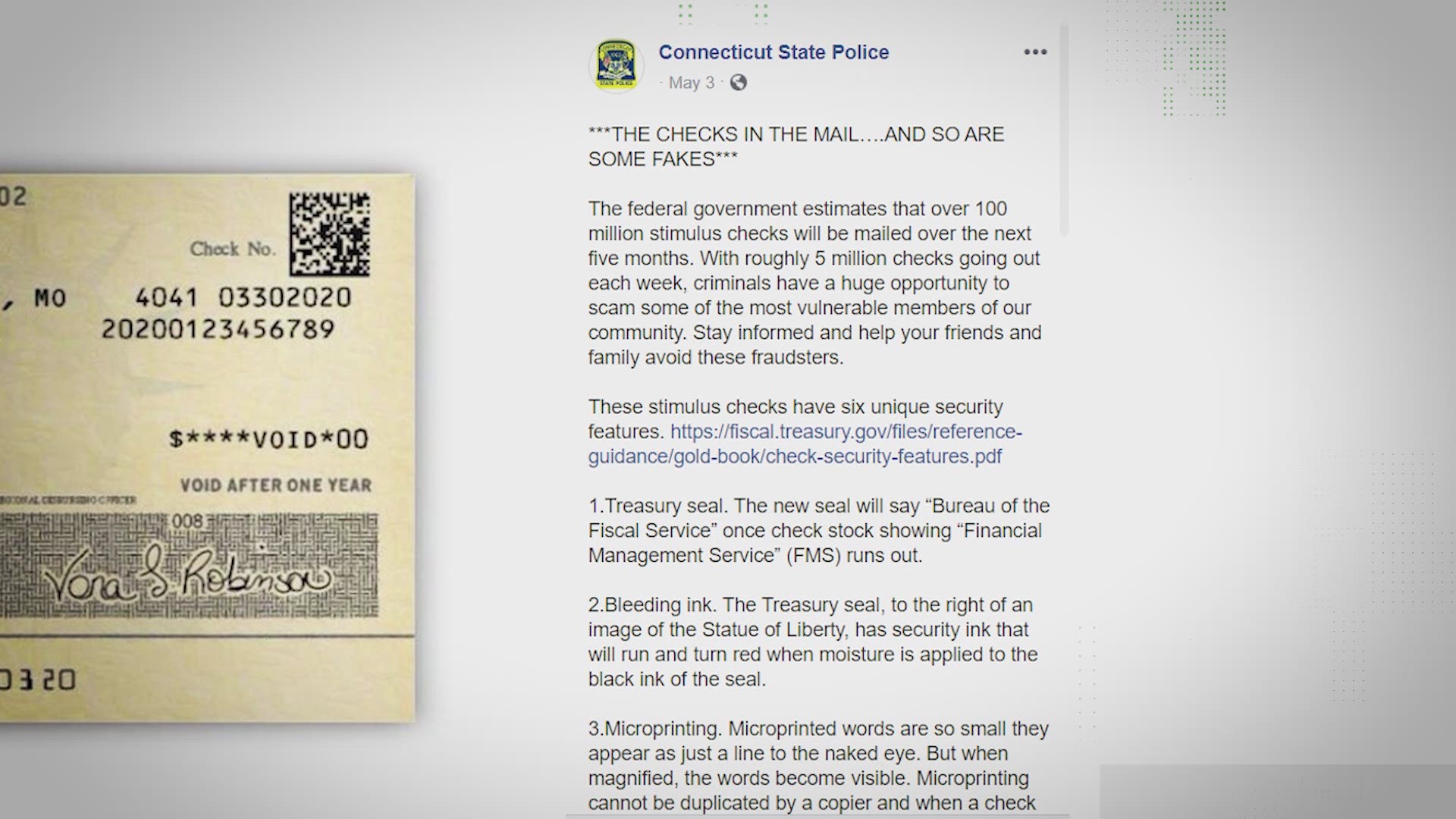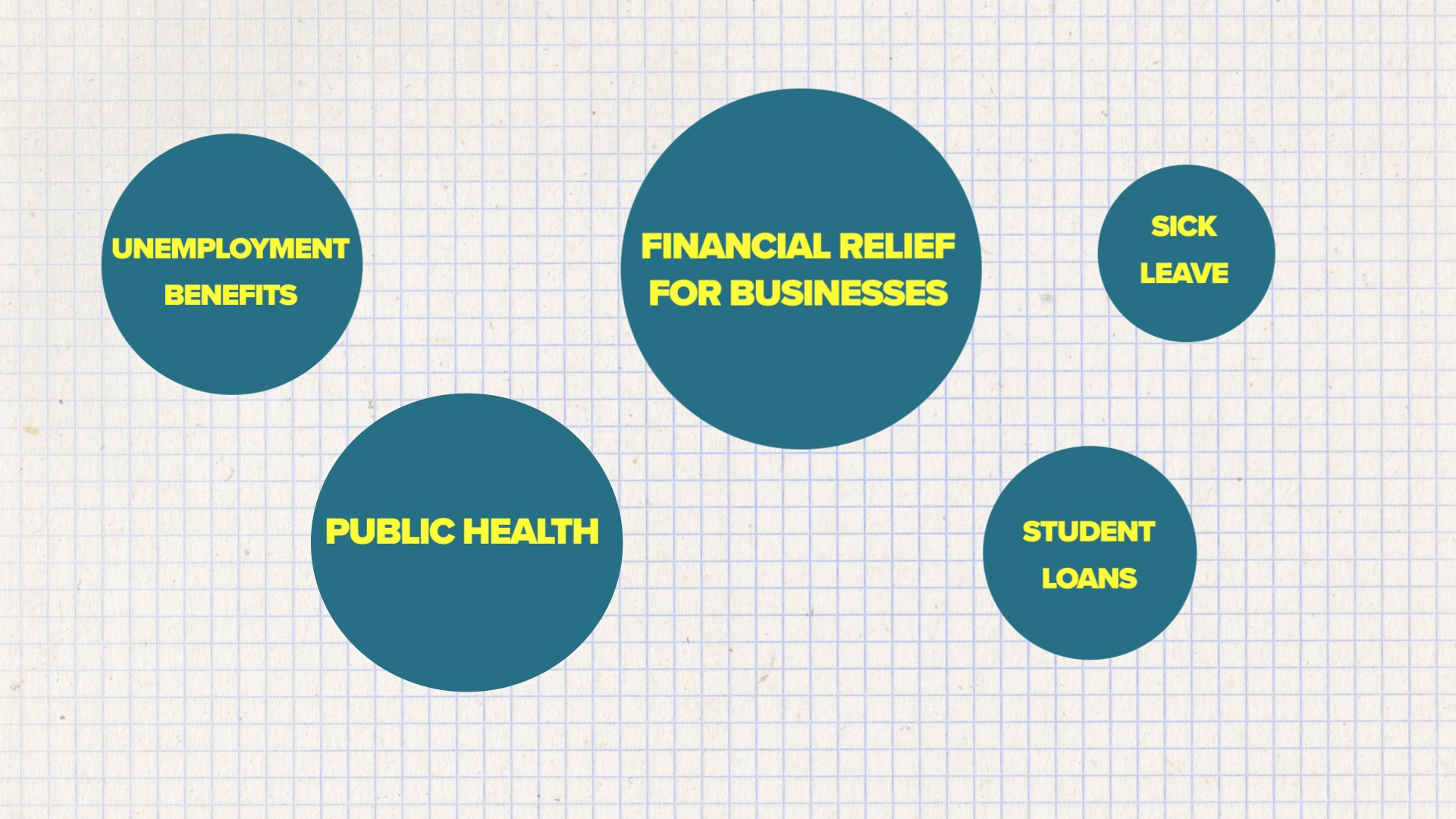WASHINGTON — The Internal Revenue Service is encouraging low-income Americans, who don't usually file tax returns, to register for an Economic Impact Payments by October 15 with a new online tool. So far, 159 million payments have been processed.
The payments are part of the $2.2 trillion rescue package signed into law by President Donald Trump aimed at combating the economic ravages of the coronavirus pandemic.
So far, the IRS has sent 120 million checks to Americans through direct deposit, 35 million by check and 4 million payments were made in the form of a pre-paid debit card. In total, the agency has sent out almost $267 billion.
The IRS said on Wednesday it launched a non-filers tool for Americans who aren't required to file a tax return to register for a payment.
The non-filers tool is designed for people with incomes typically below $24,400 for married couples, and $12,200 for singles. This includes couples and individuals who are homeless.
This tool does not need to be used by anyone who has already filed either a 2018 or 2019 tax return.
"IRS employees worked around the clock to deliver the Economic Impact Payments and new tools to help taxpayers in record time," said IRS Commissioner Chuck Rettig. "Even with these unprecedented steps, there remain people eligible for these payments who need to take action. Registering to receive the payments is easy, and millions of non-filers have already taken this step. We urge everyone to share this information widely to help more people receive these payments."
The IRS said the tool will be available through the summer and fall. Anyone who registers by October 15 will receive their payment by the end of the year.
Over the next few months, the IRS said it will be conducting outreach and education efforts to partner with groups across the United States who serve homeless individuals, underserved communities, non-English speaking households and others.
Individuals should be cautious, the IRS claims some people who need to file a tax return have been mistakenly using the tool to try and get a stimulus payment.


